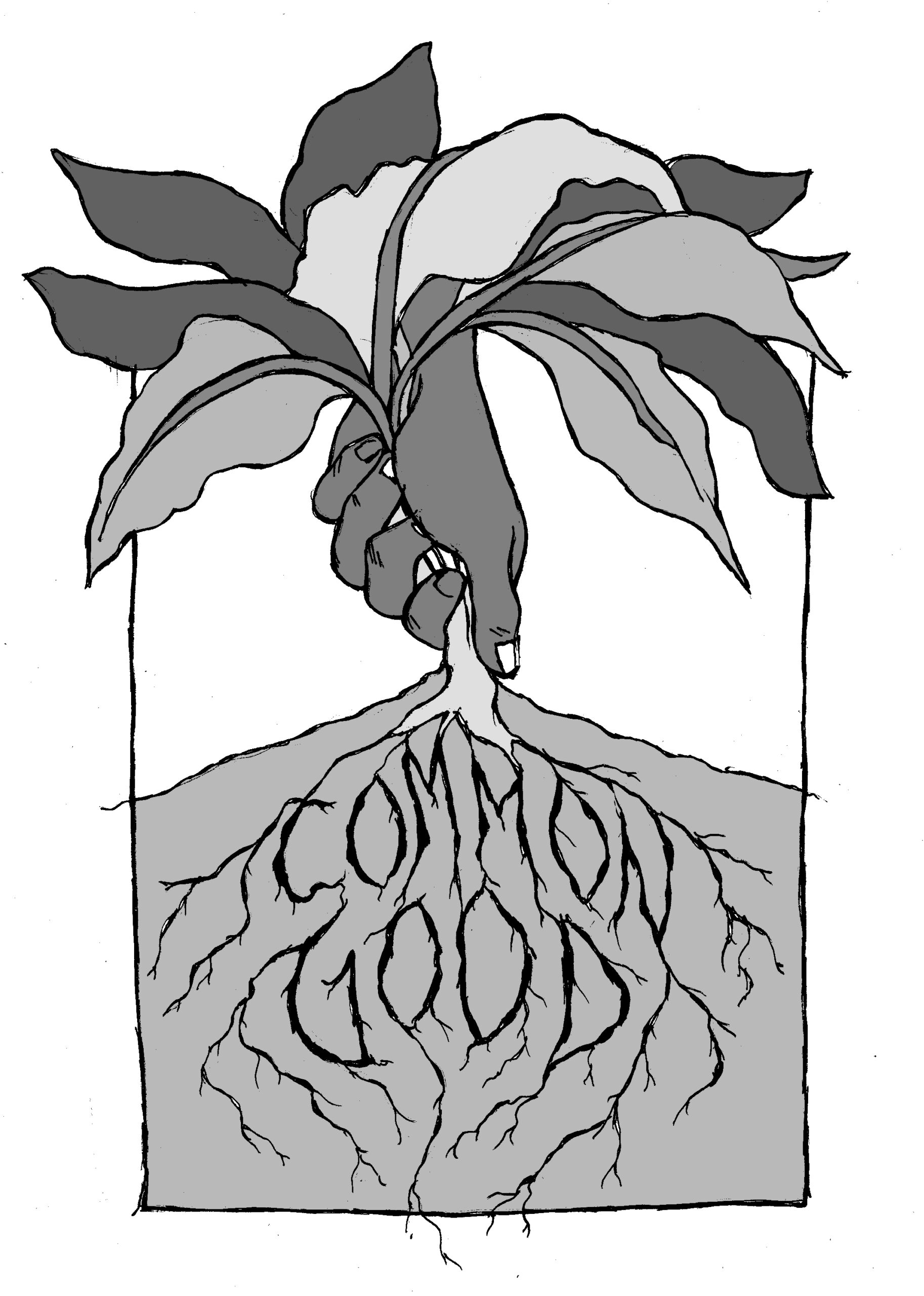Reasons to contribute to an imperfect common good
September 15, 2017
 This
piece represents the opinion of the author
.
This
piece represents the opinion of the author
.
The common good is deeply moral in theory but deeply elusive in practice. Just in the past year, at least four articles have been written critiquing our execution of Bowdoin’s founding value. I add my voice with the hope that criticism does not enable apathy, but rather sparks action.
As the Common Good Day (CGD) Coordinator last year, I spent June through September learning what it takes to get 450 people to do service for four hours on a Saturday. There were my wages, nearly 400 hours worth; the pay of the employees with whom I worked, from seven different departments; renting vehicles and all those t-shirts.
Joseph McKeen said, “It ought always to be remembered, that literary institutions are founded and endowed for the common good, and not for the private advantage of those who resort to them for education.” The primary critique of CGD and similar Bowdoin-sponsored activities is that we pat ourselves on the back for contributing, but do not do good of much consequence. These activities take up valuable time and resources only to enable our savior complexes, contribute to the Bowdoin brand and prioritize quick fixes over advocacy and institutional change.
It’s true that four hours is not enough to make a deep impact; gardening and cleaning are superficial. But superficial help is still help. You may not feel deeply invested in the weeds you are pulling, but non-profit staff are overworked, and many of them in Maine are older and unable to do these physical jobs on their own. Without extra volunteers, the weeds of apathy, however superficial, would continue to grow. When community leaders ask for a job, we can trust their assessment of their own needs.
We can also trust that for most organizations, CGD projects are not their only contact with Bowdoin, but one small part of a relationship that has existed for years. In that sense, CGD adds to an engagement that already has depth. Participants who don’t see the rest of the engagement won’t experience it immediately. But at best, CGD is a window into that relationship that will inspire someone to return.
So CGD does some good, but does it do as much as possible? Why don’t we spend all the time and money that CGD eats up on more pressing problems, like hurricane relief? Wouldn’t wasting less resources on t-shirts and planning, and liquidating it all into one big donation to a charity organization with expert needs assessments, produce more good overall? Very possibly true. If you are interested in thinking of the common good in terms of net benefit, I recommend you Google a pragmatic organization called Effective Altruism.
The truth of these critiques is that CGD is not the most effective, most efficient use of our resources. I added a reflection session last year for participants to debrief projects with community leaders, discussing their project in context of the organization’s mission and greatest needs. I hoped it would prompt people to think critically about their impact and lead them to invest in deeper forms of service or activism in the future; I hoped it would be a hook. The hook idea, that a quick window of service might inspire further commitment, is the argument for CGD’s value that I find most convincing.
CGD and my orientation trip were my only interactions with the McKeen Center until I became CGD Coordinator as a junior. Without those short experiences, I would’ve had even less of an idea of local service opportunities than I did, and I wouldn’t have applied for the job. Hook activities don’t produce huge immediate net benefit, but they can have a snowball effect on people’s decisions to engage. Students’ memories of their McKeen orientation trips might inspire them to say yes the next time an opportunity arises, and the next and the next.
Reflection can also serve the opposite purpose, discouraging critical thinkers from contributing to activities with flaws; last year, the authors of an article suggesting that CGD was not meaningful enough subsequently dropped out of the event. I applaud their sentiment and relate to their cynicism: blind participation can even be harmful, and it is not the answer.
But even less so is blind apathy. Don’t stop yourself from participating in activities that don’t perfectly fit your ideals—the net benefit will be zero. Show up, observe what they accomplish and what they lack. Tell someone about your ideas to make the activities better! If you want activism rather than service, go for it—I just ask that you consider service as a part of your activism, so you can get to know local communities and hear the descriptions of their needs. The common good, after all, requires some sort of common understanding.
The McKeen Center doesn’t teach blind idealism, but rather realistic optimism. Whether you participate in CGD or another form of engagement, showing up is the first step to dismantling one and spreading the other.
Sydney Avitia-Jacques is a member of the Class of 2018.


Comments
Before submitting a comment, please review our comment policy. Some key points from the policy: